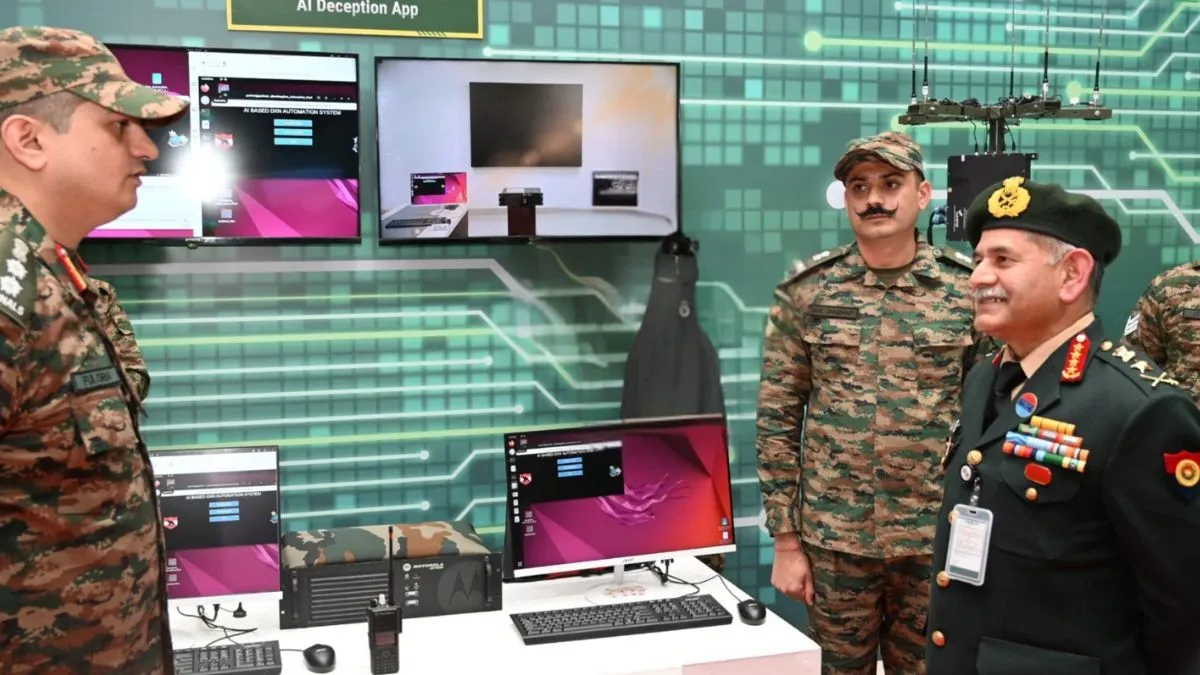- By Aditya Jha
- Mon, 09 Dec 2024 03:16 PM (IST)
- Source:JND
Kharga Kamikaze high speed Drone: In a significant advancement in aerial warfare technology, the Indian Army has developed the 'Kharga' kamikaze drone, an aerospace system designed for intelligence and surveillance operations. This innovative drone is high speed and low weight with a speed of 40 meters per second, officials said.
'Kharga' can carry almost 700 grams of explosives and is also equipped with modern advanced features, including GPS navigation and a high-definition camera. The drone has a range of about one and a half kilometers and has countermeasures for enemy electromagnetic spectrum jamming, NDTV reported, citing several officials. This drone poses a major threat to enemy targets, allowing the drone to execute attacks without detection, as it reportedly does not fall within the radar range.
ALSO READ: SC Imposes Rs 50,000 Cost On Centre For Challenging Soldier's Pension To Widow
The army achieved the construction of the 'Kharga' drone at a very low cost of Rs 30,000. The Indian Army has shown its dedication towards constructing modern weapons at low costs in recent times. These drones are referred to as 'suicide' drones because of their design and purpose. These are also known for the construction of enemy positions with high accuracy. The officials have confirmed that these drones were used in the Russia-Ukraine conflict. These aerial vehicles have been used by the Ukrainian army to target Russian infantry.
The National Aerospace Laboratories (NAL) in August launched 'Swadeshi' kamikaze drones. These are do-and-die unmanned vehicles that can fly up to 1,000 kilometers. However, the concept of the Kamikaze suicide missions is not new, as these were first seen towards the end of World War II. The pilots of a depleted Japanese air force used to ram their planes into Allied aircraft and ships.
Union Home Minister Amit Shah on Sunday informed that the Border Security Force (BSF) has successfully neutralised 55 per cent of drones along the India-Pakistan border using 'Dronaam', an indigenous counter-unmanned aerial system (C-UAS). "I sleep fearlessly at night as I know you people are guarding borders. The new system installed is a great success," Shah was quoted as saying by NDTV.

